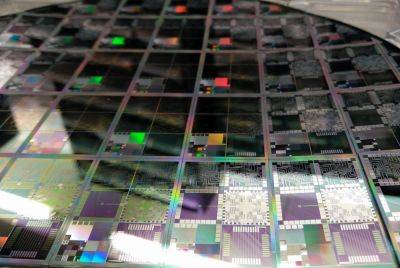China ponders mass-producing ‘God’s particle’
A Chinese scientist has recently reiterated the idea of building the world’s largest particle collider in China. His team had published a technical design report for it last December.
Wang Yifang, director of the Institute of High Energy Physics (IHEP) of the Chinese Academy of Sciences in Beijing, said that the country will soon draft a blueprint for the construction of the particle collider called the Circular Electron Positron Collider (CEPC), which could cost about 36 billion yuan (US$5 billion).
He said China may start building the CEPC as early as 2027 and it will take 10 years to complete the construction of the facility.
He said the machine can mass produce the Higgs boson or “God’s particle,” which is smaller than an atom and is essential for scientists to understand the universe.
”The goal of the CEPC is to build a Higgs factory to mass produce Higgs bosons and find out new physics phenomena through them,” he added.
Wang has been promoting such an idea since the European Council for Nuclear Research (CERN)’s Large Hadron Collider (LHC) first discovered the Higgs boson in 2012. At that time, scientists created a Higgs boson, which only appears in around one in a billion LHC collisions.
Once created, a Higgs boson “decays” into other particles that can be detected in particle detectors. The discovery of the Higgs boson proved the existence of the Higgs field, which gives mass to particles to form everything in the universe.
Further experiments in this area will increase understanding about mass and improve the research of particle accelerator and detector technologies, indirectly leading to advances in healthcare and aerospace technologies.
“The publication of the CEPC Technical Design Report last December







